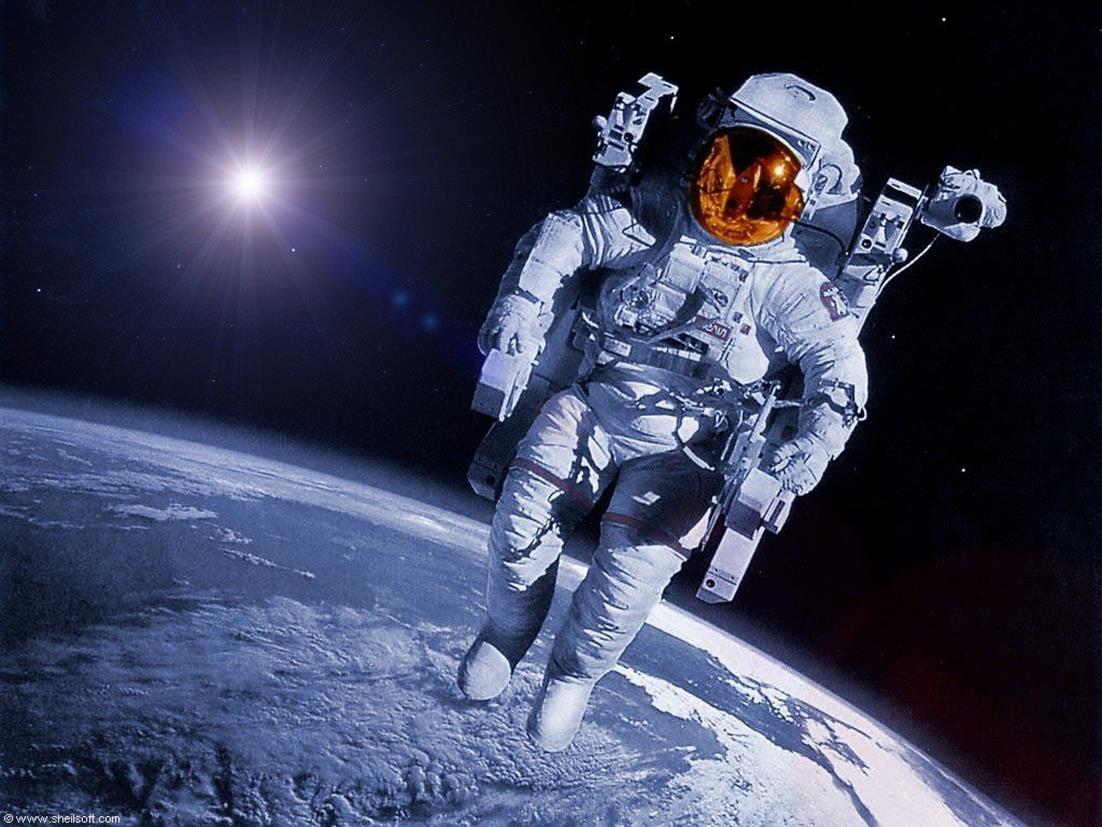Our Present Is Disappointing
June 30, 2012 in Daily Bulletin

David Graeber writes that we should be ashamed of ourselves. We’ve accomplished so little. He points out:
- These days we’re impressed by the special effects in science-fiction space movies. Yet 60 years ago people thought we would actually be a space-faring species, not just be able to depict one.
- We were meant to have undergone a revolution where all the robots did the work for us, letting us think and be creative. Instead we outsourced menial labour to third world countries – moving backwards in terms of technology.
- The Cold War might have inspired these grand ideas. The space-race and its associated innovation created a society of dreams. Moreover both the United States and the Soviet Union had histories of exploration. Americans explored the western frontier, while the Soviets had explored the Russian continent.
- The idea that the Soviet Union was unimaginative is mistaken. It requires creativity to envision a societal transformation. They also jump-started the space race and pursued esoteric projects such as solving hunger by seeding the oceans with edible bacteria.
- The top speed that humans can travel at is indicative of the problem. For most of human history we couldn’t travel faster than a horse would take us. By 1900 it was 100 m.p.h. and it was growing exponentially. It hit its peak in 1969 with the crew of Apollo 10. It has never been broken since.
- To add insult to injury high-speed projects such as the Concorde have been killed – meaning that the top speed of an average person is actually lower than what it could be in the 90s.
- The AK-47 is the most popular gun. It is named for the year in which it was invented – 1947.
- The internet might actually be hurting rather than helping innovation. Anybody with an innovative idea can enter it into a search engine and find that somebody has already tried it (and, even worse, perhaps succeeded at it.)
- We’ve also all become administrators. Before travel agents and accountants would take care of our flights and bank activity. Now we do it ourselves.
To read what is an extremely long and comprehensive article, and to find out exactly what the diagnosis of the problem is, what the solution is, how this relates to the Egyptian pyramids, how anarchy can play into it, and much more, in an exhaustive reflection on the issues, click here.
Source: The Baffler
Via: Marginal Revolution
I think he takes a situation – that many of the predictions of the 1950s about technology and society turned out to be drastically wrong – and builds an unnecessarily complex “answer”. Far more likely is just that, like most futurists, they just got it wrong.
In the case of space travel, it was a matter of under-estimating how compact and useful computers would be (robot helpers aside). Once it became clear that most desired space scientific and military needs could be met with automated spacecraft that were both far cheaper and more disposable, a lot of the governmental support for manned spaceflight disappeared. That left the commercial sector, which (until recently) was satisfied with unmanned craft as well. In fact, you could argue they’re still satisfied, since even many of the “private” spaceflight companies like SpaceX are wholly dependent on government contracts.
I also think the manned moon missions unfairly colored expectations about where manned spaceflight was heading. It was a brief period when two Presidents were willing to spend a ton of money on a one-shot manned mission for prestige purposes – which was almost certainly going to be unsustainable in a democracy. If we had had a steadier build-up of space capabilities instead (which is what the Soviets did), we might actually be able to do much more in space – and we would have a sense of steady progress instead of triumph and anti-climax.
As for the other points, such as fusion and curing cancer, those really come down to the bane of all speculative technology: unforeseen problems. Fusion has had tons of unforeseen engineering issues, all of which have proven very difficult to solve (although we’re getting better). Cancer just turned out to be really, really difficult to understand and cure, which makes sense – it’s really a mass of over two hundred different diseases.